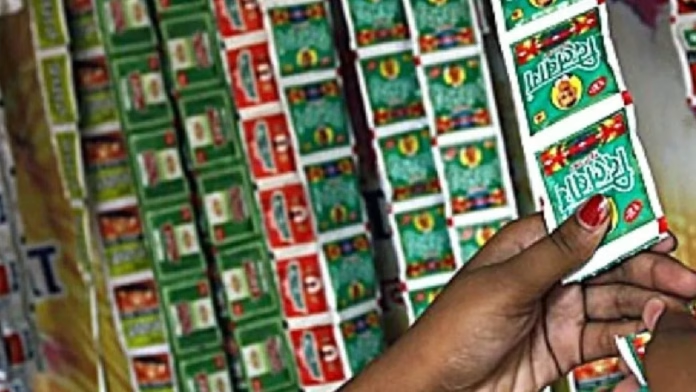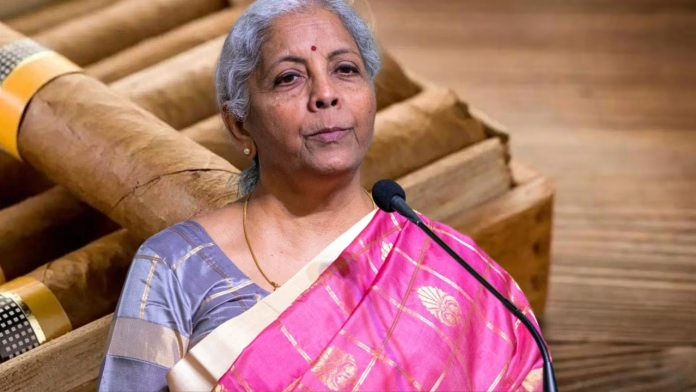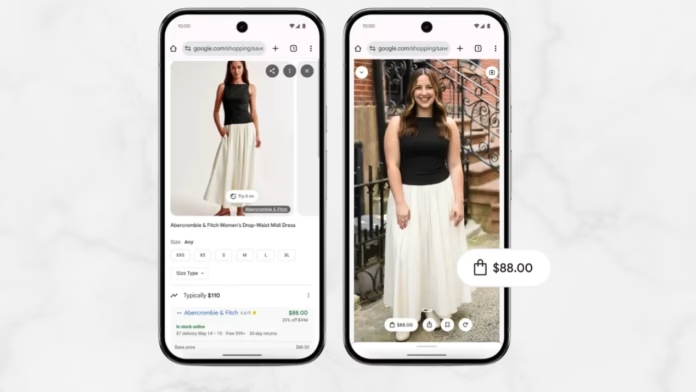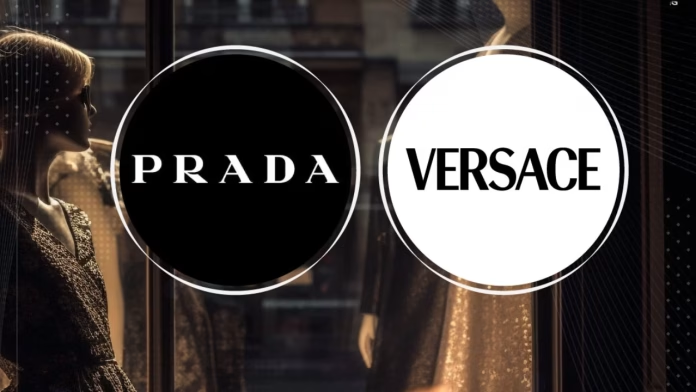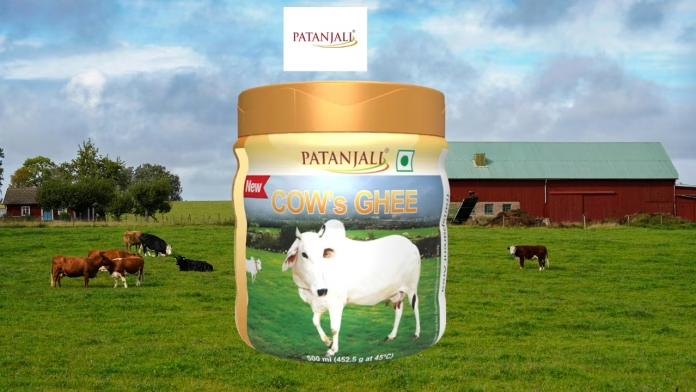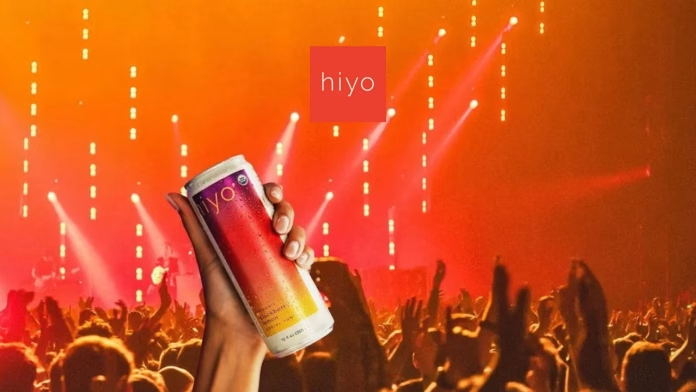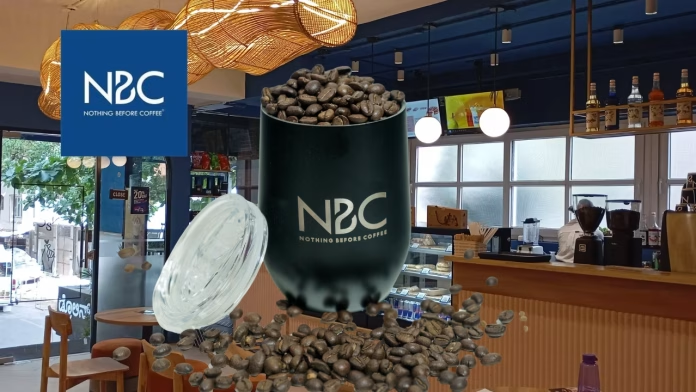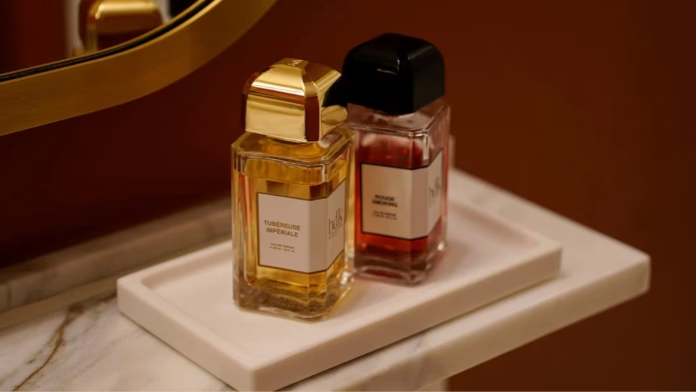The Department of Consumer Affairs has issued a major update to pan masala packaging regulations, mandating that all packs, regardless of size, display the Retail Sale Price and other statutory declarations. The notification, issued through GSR 881(E), will take effect from February 1, 2026, ending the long-standing exemption for small packs weighing 10 grams or less.
Under the amended Legal Metrology (Packaged Commodities) Rules, 2011, manufacturers, packers, and importers of pan masala will be required to ensure full compliance. The changes are aimed at strengthening consumer protection by providing transparent pricing information across all pack sizes and eliminating the possibility of misleading or inconsistent pricing.
Previously, smaller packs were not required to carry the retail price, often making it difficult for consumers to compare costs or for authorities to verify correct taxation. The government said that by enforcing uniform labeling, consumers will be better informed about the products they purchase and the prices they pay.
The amendment also aligns with tax compliance objectives. Displaying the Retail Sale Price facilitates accurate application of Goods and Services Tax on all pan masala products. This is expected to support seamless enforcement of RSP-based GST decisions by the GST Council and ensure proper revenue collection across every pack size, from the smallest single-serving sachet to bulk units.
Officials note that the move reflects a broader push for clarity in packaged commodities, where consumer awareness and transparency are priorities. Industry participants are advised to adjust their production, labeling, and supply chain processes to meet the February deadline, avoiding penalties for non-compliance.
The Department of Consumer Affairs emphasized that the amendment not only enhances regulatory oversight but also empowers consumers to make informed purchasing decisions, strengthening trust in product pricing across the pan masala market.

